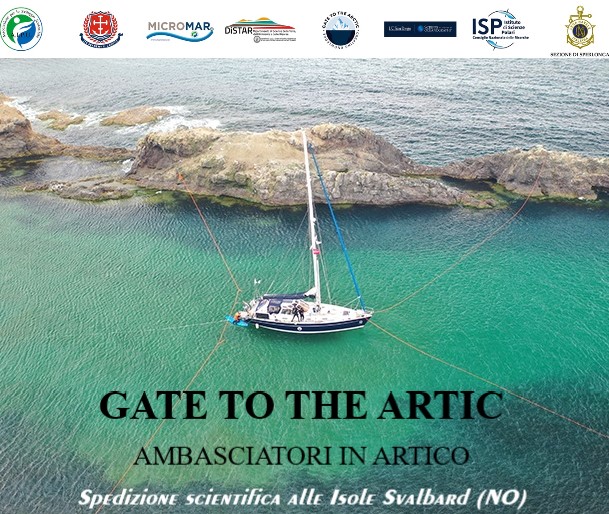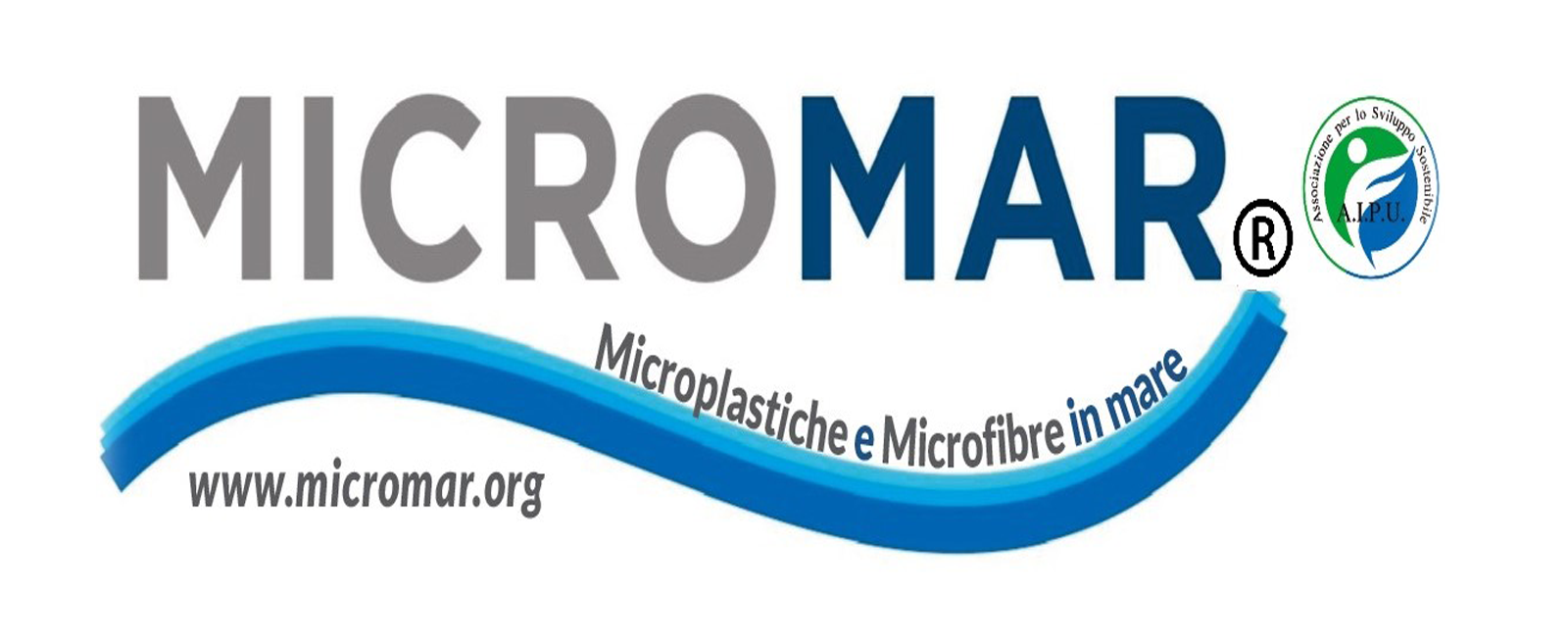On the occasion of World Oceans Day 2024, a representative of the A.I.P.U. Association (Association for Sustainable Development), the architect Luigi Valerio, and a student from the Majorana scientific high school in Latina, Anna Galli, will be in the Arctic for the Micromar project (micromar.org).
The aim is to search for microfibres and microplastics in the sea, together with the acquisition of the appropriate skills as future ambassadors of the Arctic Ocean, guests of the Gate to the Artic Association. The initiative is supported by the Distar - Department of Earth, Environmental and Resource Science of the University of Naples Federico II, which will take care of the collection of coastal sands, by the G. Caboto Foundation of Gaeta and by the Naval League Italian Section of Sperlonga. The route on an equipped sailing boat includes departure from Tromsø, known as "the gateway to the Arctic", heading towards Bear Island (Bjørnøya in Norwegian), halfway between the North Cape and the main island of Spitsbergen , in the Arctic Ocean, today uninhabited except for a few researchers from the Herwighamna meteorological station (in the north of the island). The journey will continue towards the Svalbard Islands, an archipelago generally covered by ice (it is no coincidence that Svalbard means "cold coast"). Only thanks to the North Atlantic current, the climate remains relatively mild while, at the same latitudes, perennial ice reigns in Greenland. Furthermore, the polar ice pack, which grips the islands throughout the winter, begins to give way in late spring, allowing the expedition, if possible, to go as far as the western fjords and circumnavigate the entire archipelago.

It must be considered that from an ecological point of view the Arctic is a rather critical corner of the world: in fact plastic is found everywhere in the Svalbard area and is harmful to marine life and the environment, with a strong degradation of coastal areas with their related ecosystems. The aim of the expedition is to continue research on the presence of microplastics through water sampling with subsequent analyses, as well as taking sand samples. The expedition will be in contact with the Caboto Foundation, which will act as a point of reference for the press office, coordinated by the marine biologist prof. Adriano Madonna. In January 2021, the "Gate to the Artic" Association, together with three sailors and ocean activists, founded a first environmental awareness project based on research into the presence of plastic in this delicate extreme environment. His goal today is to invite the next generations to become “ambassadors and storytellers of the Arctic”, in order to create initiatives that contribute to global sustainability. One of the founders, Catharina Frostad, explains that the primary aim is to create awareness and knowledge, offering these young participants a direct experience of the Arctic alongside scientists and experts in the field, to explain the impact of human activities on oceans. To this end, next June the A.I.P.U. Association will organize sea water sampling in the Arctic and sand sampling which will be examined by the Department of Geology and Environment of the University of Naples "Federico II".
Bringing scientists, photographers and reporters to the Arctic is important to demonstrate why it is necessary to protect the world's far north.


 English (United Kingdom)
English (United Kingdom)  Italiano (it-IT)
Italiano (it-IT)